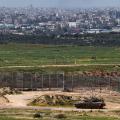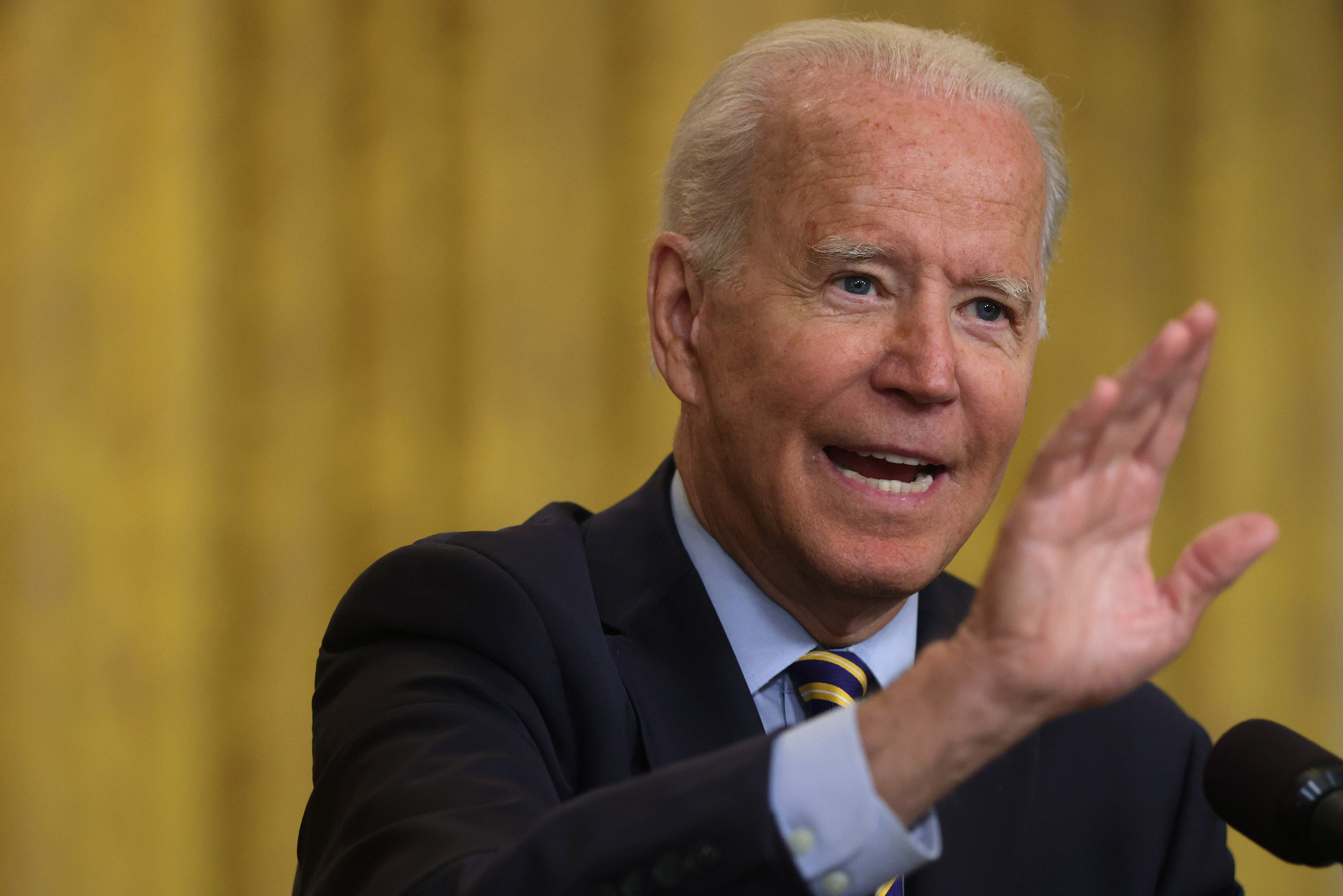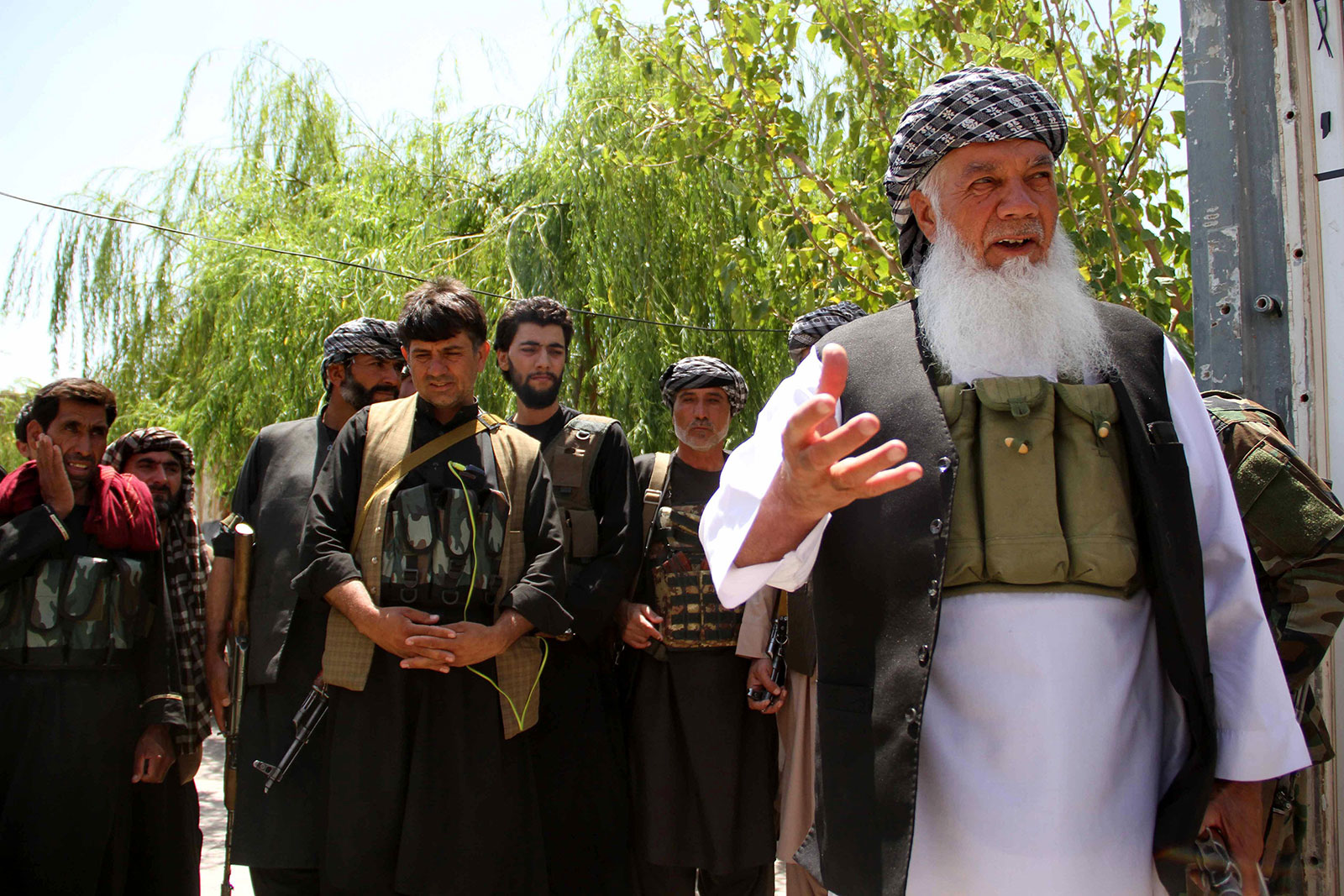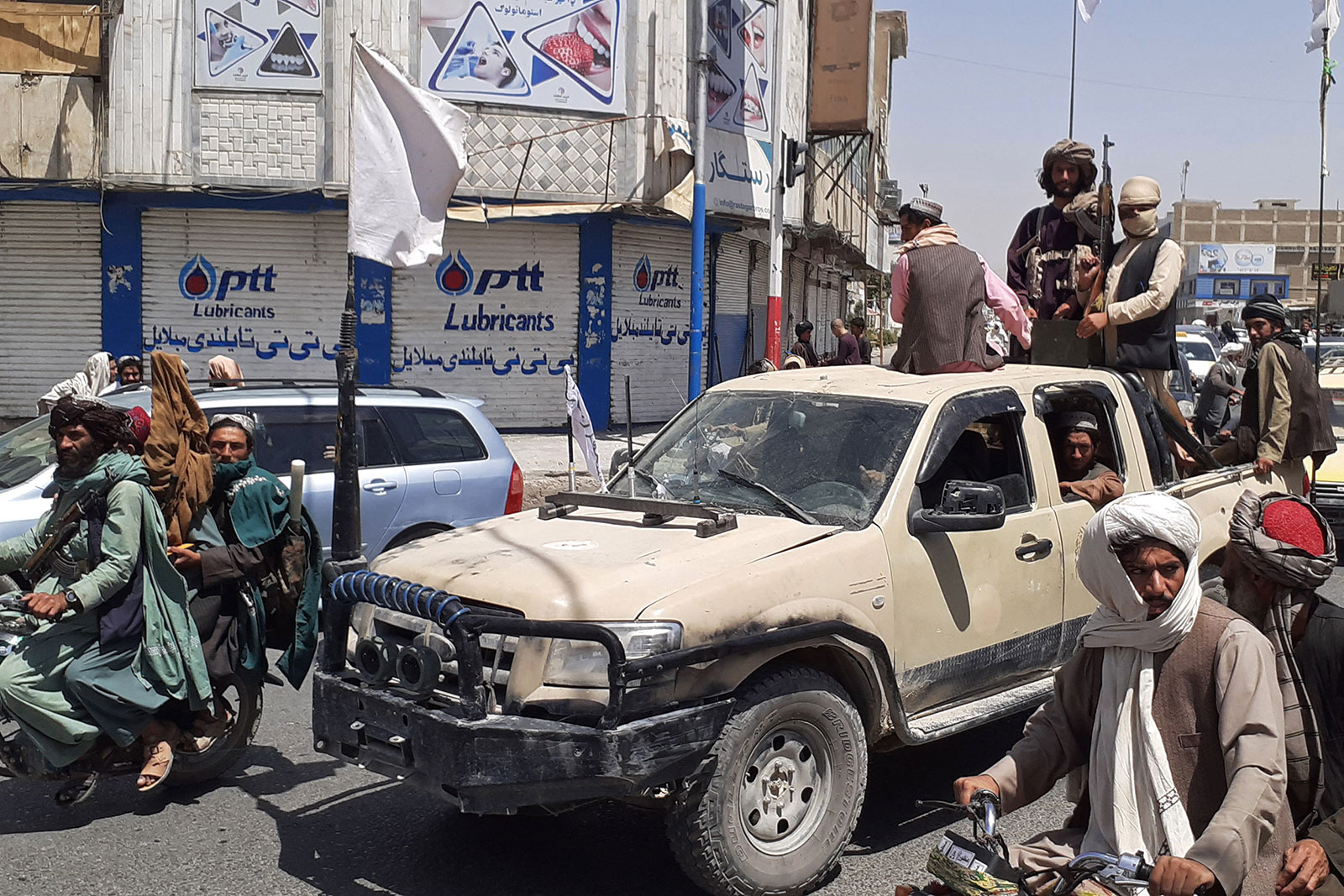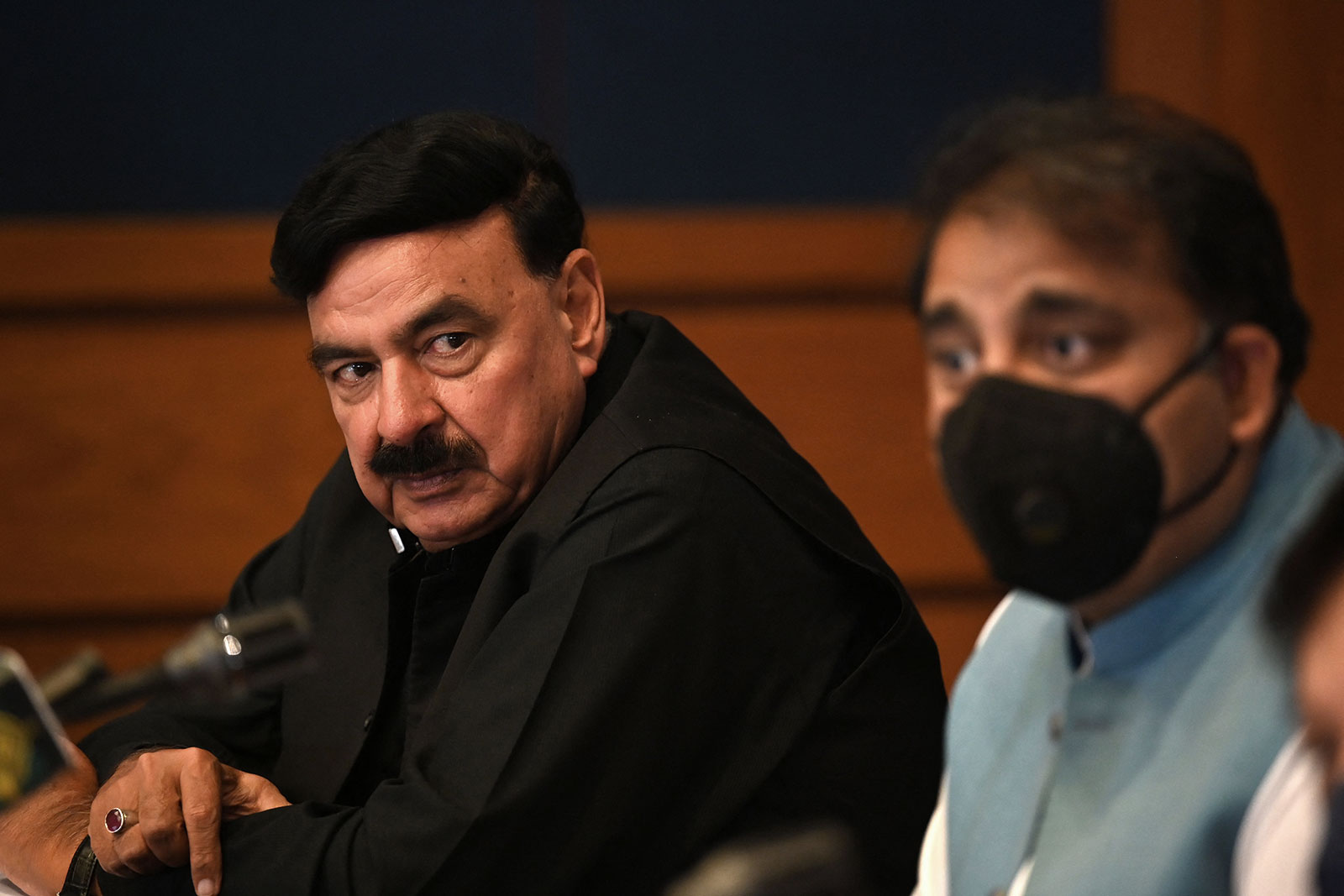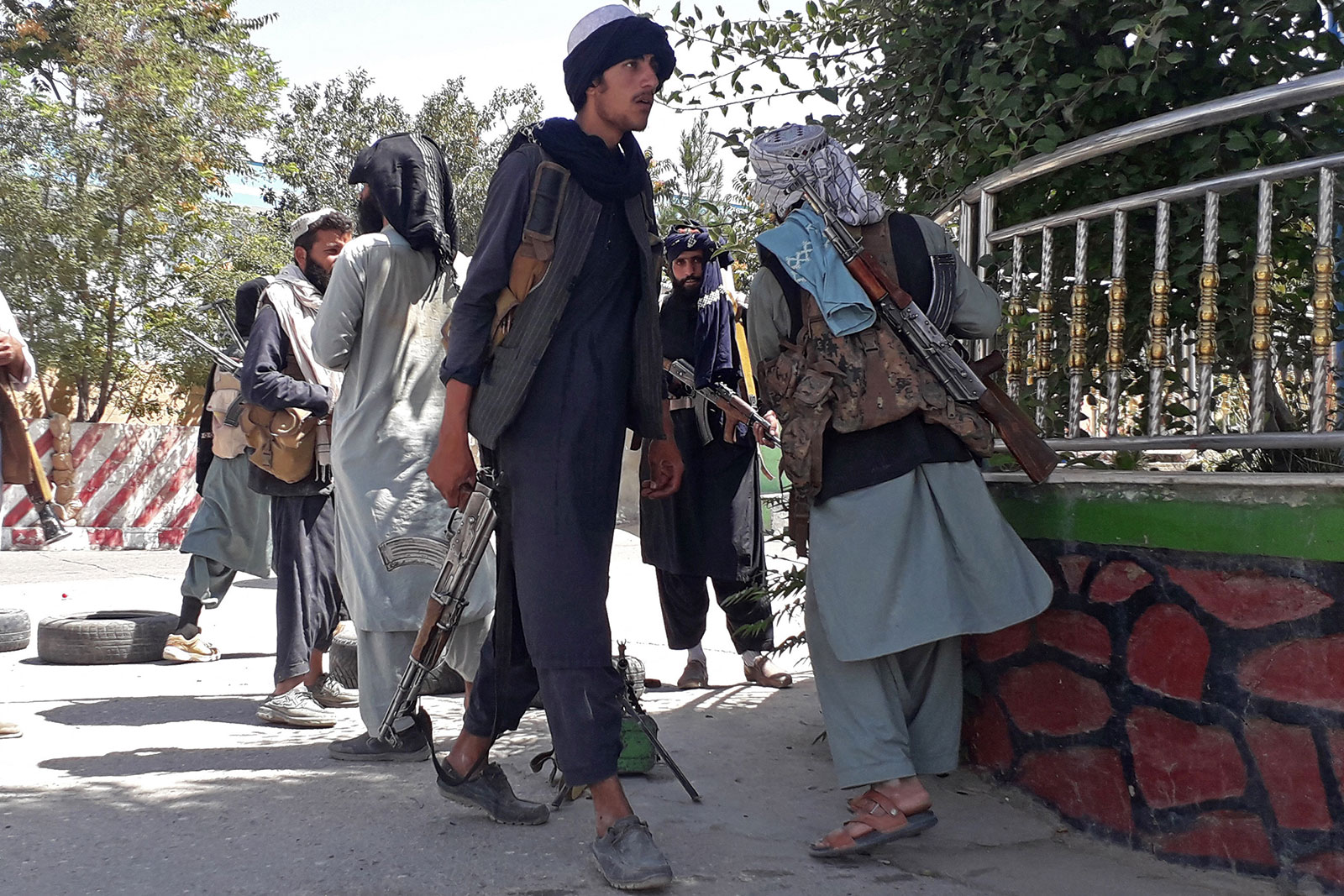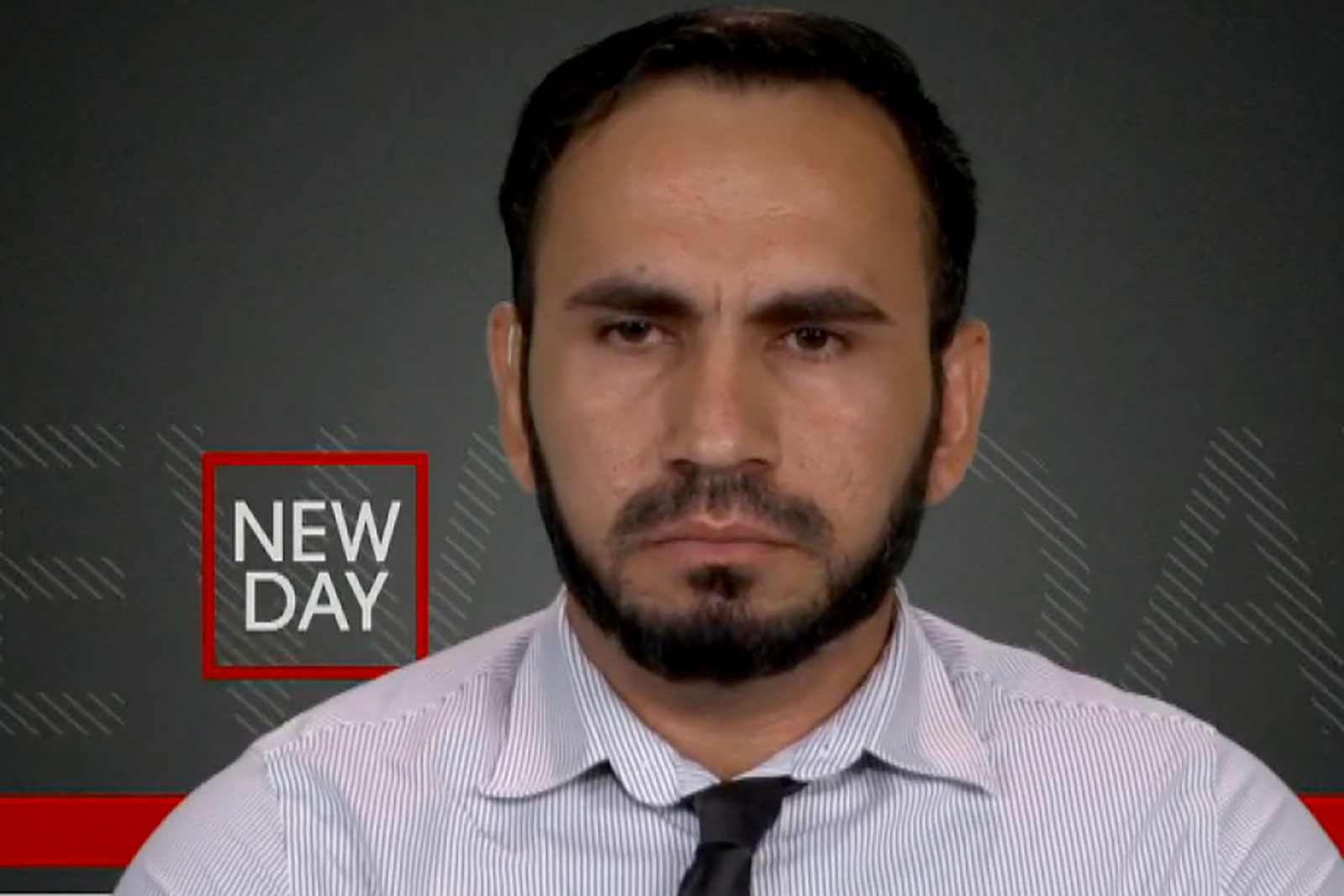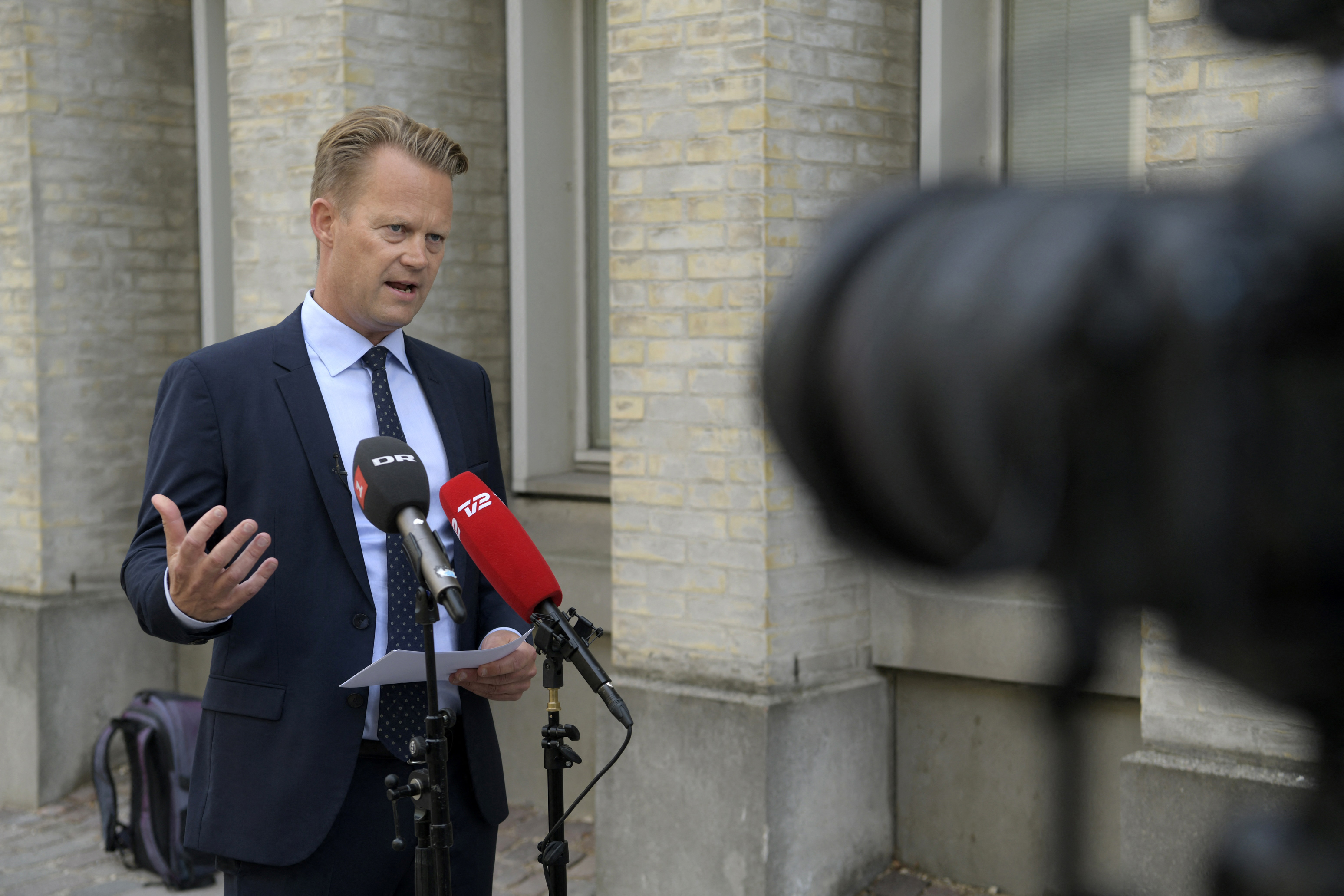
Denmark will evacuate staff from its embassy in Kabul, Afghanistan, as the Taliban's advance continues, according to a Friday news release from the Danish Ministry of Foreign Affairs.
The Danish government has "reached an agreement with parties in the Parliament regarding a new support initiative for locally employed Afghan staff with ties to Denmark," according to the ministry.
The initiative will offer local embassy staff the opportunity to be evacuated to Denmark. Previous embassy staff and people who have worked for the Danish Defense Service during the past two years may also request to be evacuated. Through the initiative, locally employed staff may bring their spouse or partner, as well as children under the age of 18 with them to Denmark.
"The security situation in Afghanistan is serious. The Taliban are gaining terrain, and the situation is developing even faster than many people have feared. We have a collective responsibility to help the Afghans who are threatened because of their association with and contribution to Denmark’s engagement in Afghanistan," the Ministry of Foreign Affairs said.
This follows calls made by the UK, German, French, and US embassies earlier this week urging citizens inside Afghanistan to leave the country immediately in light of threats to security.
Denmark said its evacuations will take place "as soon as possible," albeit in a gradual manner "so that the embassy in Kabul can continue to function."
"The grounds for residency will be temporary, with a time restriction of two years without a possibility of extension," the news release said. "The right to a two-year residence permit in Denmark is conditional on the persons being evacuated are not deemed to constitute a danger to Denmark’s security".
Staff members who meet the specific and temporary grounds for residency will be allowed to apply for a residency permit under the Danish Aliens Act once safely arrived in the country.


